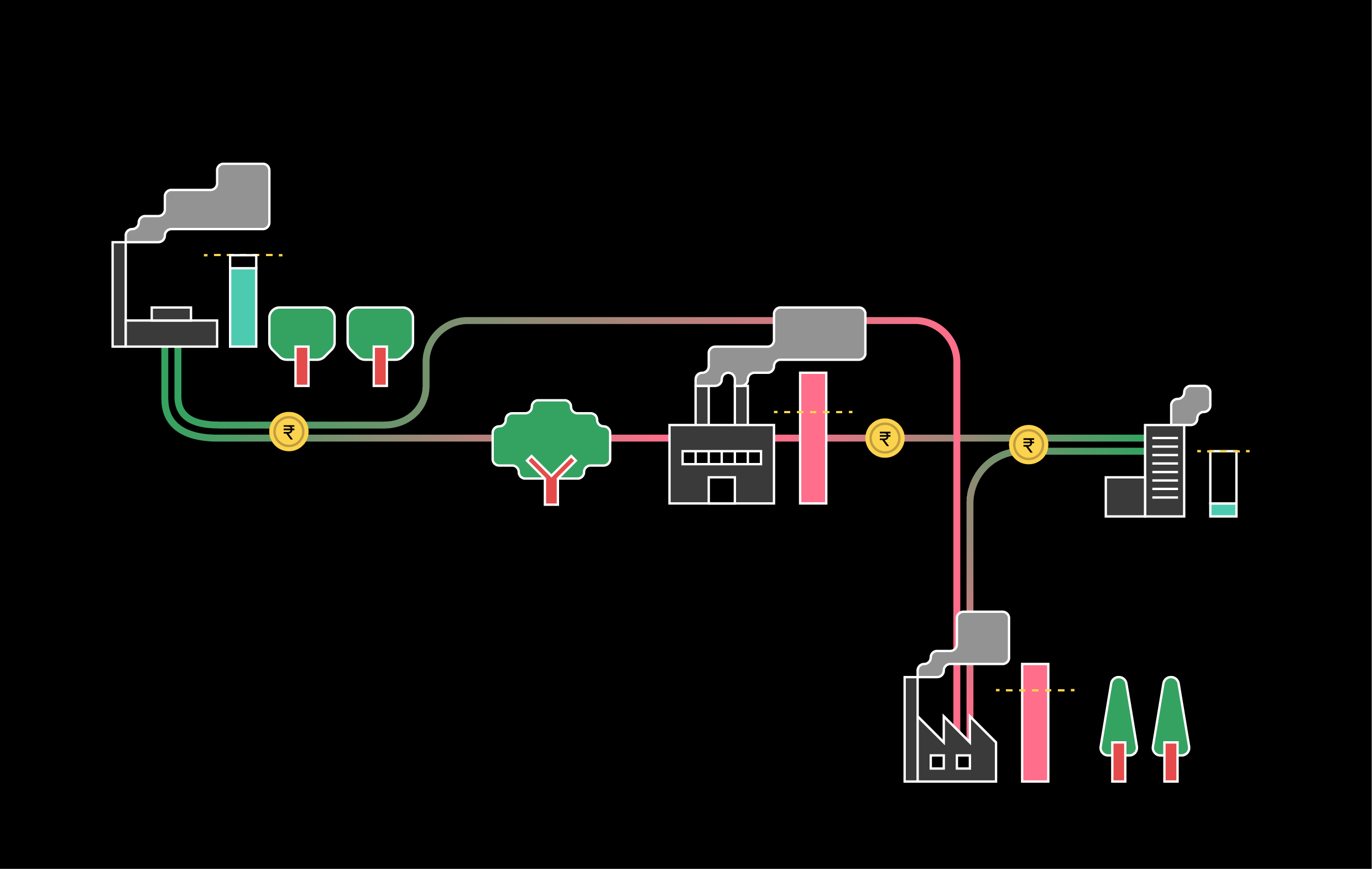
Ashwini K Swain

Dr Ashwini K Swain is a Fellow at the Sustainable Futures Collaborative, where he works on energy policy and governance, and energy transition. His research interests include political economy of electricity, subnational preparedness for the energy transition, and just transition from fossil dependency. He has also worked on public participation in service delivery and regulatory governance, and has a keen interest in the political economy of India. Dr Swain has been actively engaging with civil society organisations and public agencies at national and subnational level on these issues. He is an Associate Researcher at Centre de Sciences Humaines (CSH) and also teaches at Tata Institute of Social Sciences, Hyderabad. He has earlier worked at Centre for Policy Research, Energy for Growth Hub, Centre for Energy, Environment & Resources, CUTS Institute for Regulation & Competition, Agence Française de Développement, University of York, University of Wisconsin-Madison, and National Institute of Public Finance and Policy. He holds a PhD in Politics from University of York and MPhil and MA degrees in Political Studies from Jawaharlal Nehru University.
Publications


Blogs
Energy Transitions
Beyond the Hype: Opportunities and Limits of India’s Green Hydrogen Pursuit
Shubhranshu Suman and Ashwini K Swain
17 December 2025
The National Green Hydrogen Mission, targeting 5 MMTPA of green hydrogen production capacity by 2030, aims to position India as a global leader in clean energy. This piece analyses the opportunities for green hydrogen, examines the challenges constraining its scale-up, and explores the risks involved in its pursuit.


Blogs
Energy Transitions
What do India’s nuclear power ambitions mean for its energy future?
Apoorva U Kumar and Ashwini K Swain
1 September 2025
The Union government's recent push for nuclear energy is part of its broader goal to meet rising energy demands while reducing carbon emissions. This piece examines the reasons driving this push, the potential role of nuclear power in India's energy mix, and the challenges that may hinder rapid expansion.


Issue Briefs
Climate Policy
The Indian Carbon Market: Institutional, Regulatory, and Market Considerations
Kashmeera Patel, Easwaran J. Narassimhan et al.
28 April 2025
This brief captures key insights from a stakeholder roundtable on India’s carbon market, focusing on the institutional, regulatory, and market design challenges of the Carbon Credit and Trading Scheme (CCTS).


Reports
Energy Transitions
Energy Transitions Preparedness Initiative: Buildings Sector
Deepak Tewari, Rushabh Soni et al.
ETPI | 28 May 2024
This study aims to understand the energy transition preparedness of the buildings sector of 10 states in India and highlights good examples from the states.


SFC Perspectives
Adaptation and Resilience
Climate Policy
Energy Transitions
Environmental Governance and Policy
SFC Perspectives on Adaptation and Resilience, Climate Policy, Energy Transitions, and Environmental Governance and Policy
SFC
SFC | 19 March 2024
SFC Perspectives are intended to stimulate discussion by providing an overview of key issues and avenues for action to inform India's sustainable development trajectory.


SFC Perspectives
Energy Transitions
Enabling the Energy Transition: Technology, politics & institutions in India’s energy system
Ashwini K Swain, Sarada Prasanna Das, Suravee Nayak, Catherine Ayallore and Navroz K Dubash
SFC | 18 March 2024
Our research and engagements at SFC focus on rethinking the configuration of technology, politics and institutions in Indian energy as a necessary complement to techno-economic solutions for enabling the transition.


Opinions
Energy Transitions
Seeing India’s energy transition through its States
Ashwini K Swain, Ann Josey et al.
The Hindu | 7 June 2023
States are critical actors in India’s energy transition as there is a multi-tier governance of energy production and usage.


Opinions
Energy Transitions
India’s just energy transition is more than a coal story
Easwaran J Narassimhan, Ashwini K Swain et al.
The Hindu | 6 February 2023
India’s G-20 presidency is an opportunity for New Delhi to negotiate a deal for itself while also shaping international cooperation on just energy transitions.


Opinions
Climate Policy
As India Readies Its Carbon Market, a Q&A of What’s at Stake
Aman Srivastava and Ashwini K Swain
The Wire: Science | 20 October 2022
The creation of a national carbon market in India, depending on its institutional setup, policy integration and design could offer a mechanism to reduce emissions – or it could result in serious economic costs. The authors here put forth seven key considerations for its design – including India’s growth objectives, trade balance, fiscal revenues, and the effect on its MSMEs.




